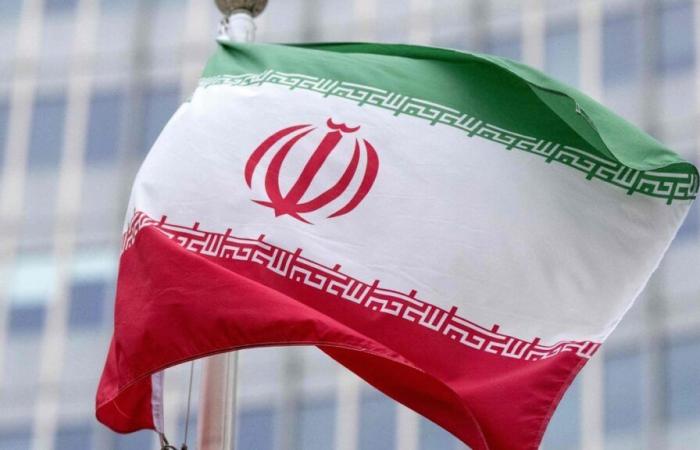At least 901 people were executed in Iran last year, including around 40 in a single week in December, the United Nations High Commissioner for Human Rights, Volker Türk, deplored on Tuesday.
“It is very worrying to note that the number of people subject to the death penalty in Iran is increasing from year to year,” commented Mr. Türk in a press release, believing that “it is high time that Iran an end to this wave of executions.”
At least 853 people were executed in 2023 in Iran, according to the High Commissioner.
During a press briefing, a spokesperson for the High Commission, Liz Throssell, explained that the figures come “from different human rights organizations (…) that we consider reliable, HRANA, Hengaw and Iran Human Rights.
According to the statement, most executions in 2024 were for drug offenses, but dissidents and people linked to the 2022-2023 protests were also executed.
The Office also reports an increase in the number of women executed.
According to Iran Human Rights, Iranian authorities have executed at least 31 women in 2024, a record since this non-governmental organization began in 2008 to record the application of capital punishment in the Islamic republic.
“Many women executed for murder were victims of domestic violence or sexual abuse acting out of desperation,” according to the IHR.
According to several human rights organizations, including Amnesty International, Iran is the country in the world that executes the largest number of people, apart from China, for which no figures can be obtained.
The Islamic law of retaliation, applied in Iran and known as qisas, states that a murder must be “paid for” through the loss of another life unless the victim’s family forgives or accepts a compensation payment.
“We are opposed to the death penalty in all circumstances,” Mr. Türk underlined on Tuesday. “It is incompatible with the fundamental right to life and presents the unacceptable risk of executing innocent people. And, to be clear, it can never be imposed for behavior that is protected by international human rights law,” he said.
He urged Iranian authorities to suspend executions and establish “a moratorium” on the death penalty with a view to abolishing it.
Some 170 states have abolished it or established a moratorium, according to the UN.
Human rights activists accuse Iranian authorities of using the death penalty to instill fear in society, especially since 2022.
Throssell said Iran executed at least 972 people in 2015, “the highest number in decades.”
In 2017, following a reform of the fight against drugs, “we saw a notable decrease”, but “since 2022 the number of executions has increased significantly”, she said.






